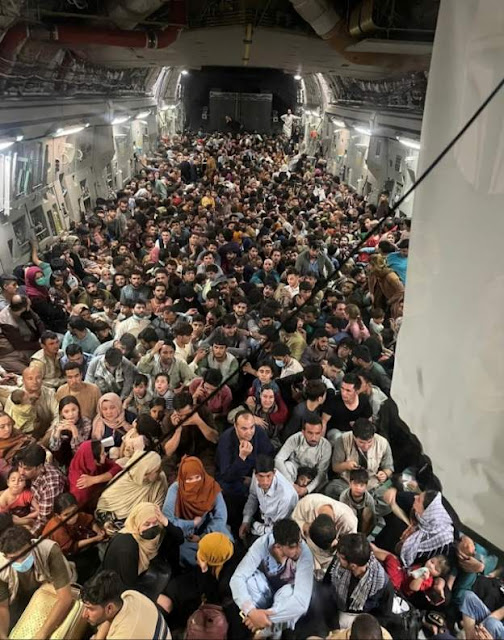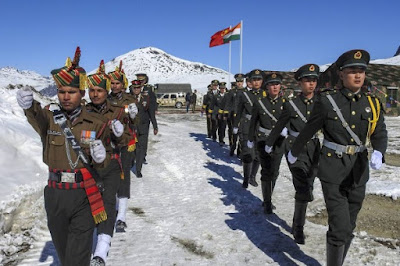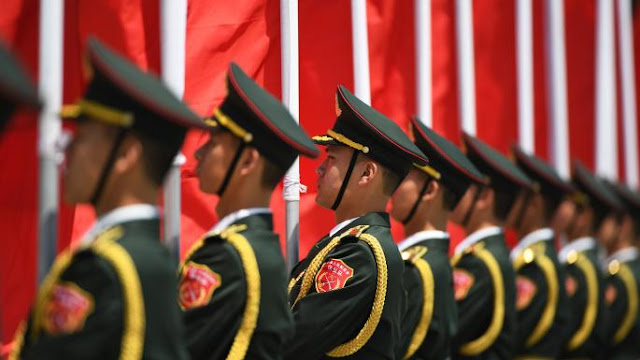When a 'world order' ends
We are all watching Kyiv with horror. Were we not supposed look forward a spring of openness, after two years of staying home and washing hands? Instead, we are peering into a new normal, of which we know nothing of and never expected. Not everyday one sees a country invade another. Further, not everyday one sees a big country being invaded, with no clear plans of an exit. This is where the war on Ukraine most crucially differ from all the other wars I have seen in my lifetime. What is Vladimir Putin is trying to do? Is it just regime change in Kyiv, as Americans tried to achieve, and miserably failed as a consequence, in Iraq and Libya? But warped as his vision may be, he sure knows the practical consequences of regime change: That a Russian-installed government will have no legitimacy and they will end as badly as they did before, in Kyiv! Or, is he just trying to divide Ukraine along East-West lines and control the access to Black Sea? Whether that objective calls for a g...










